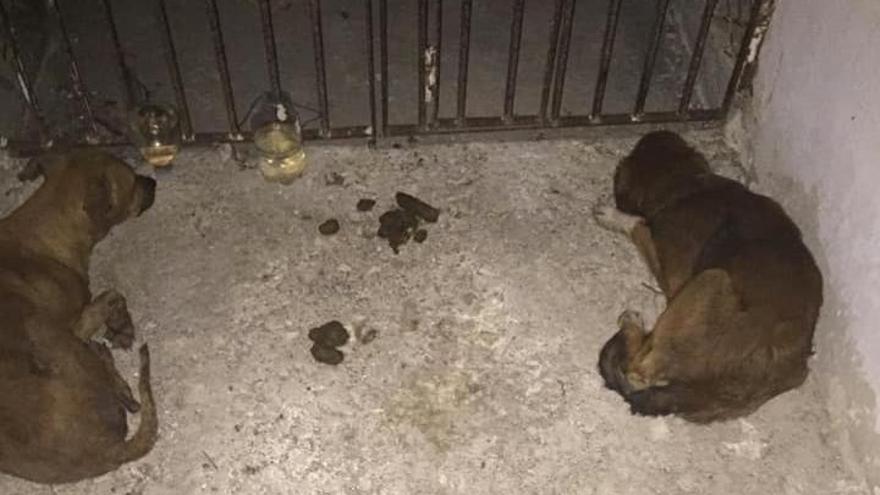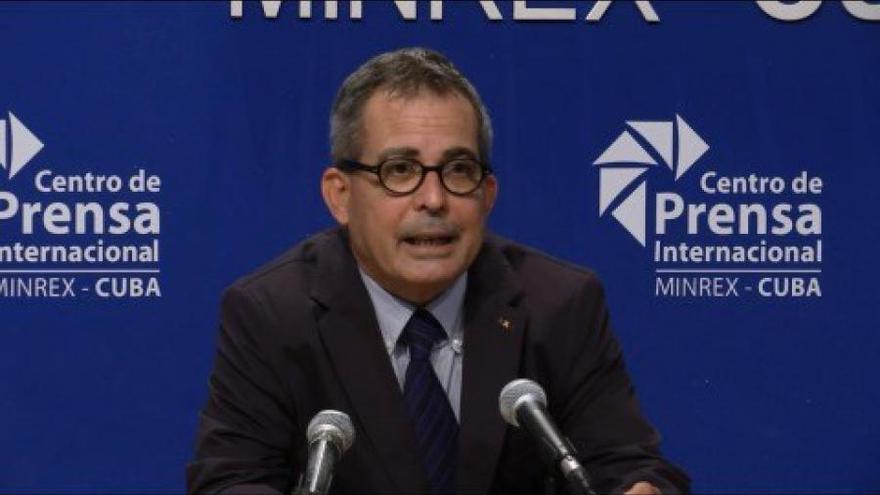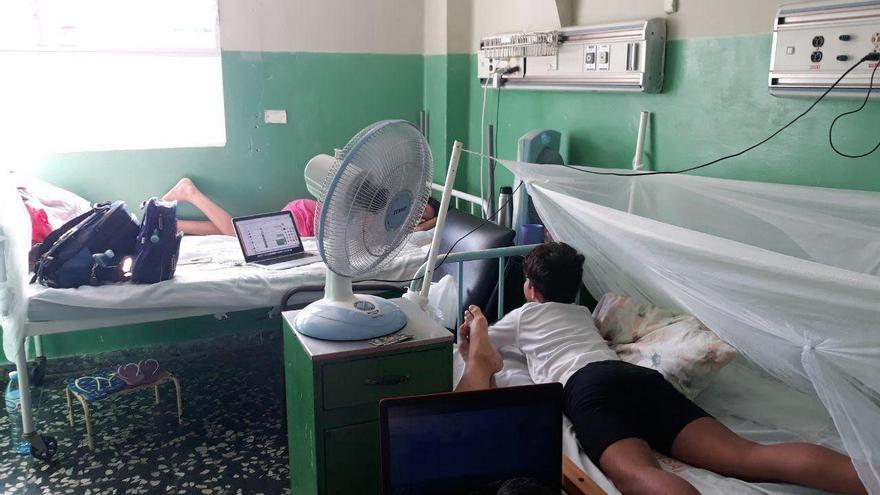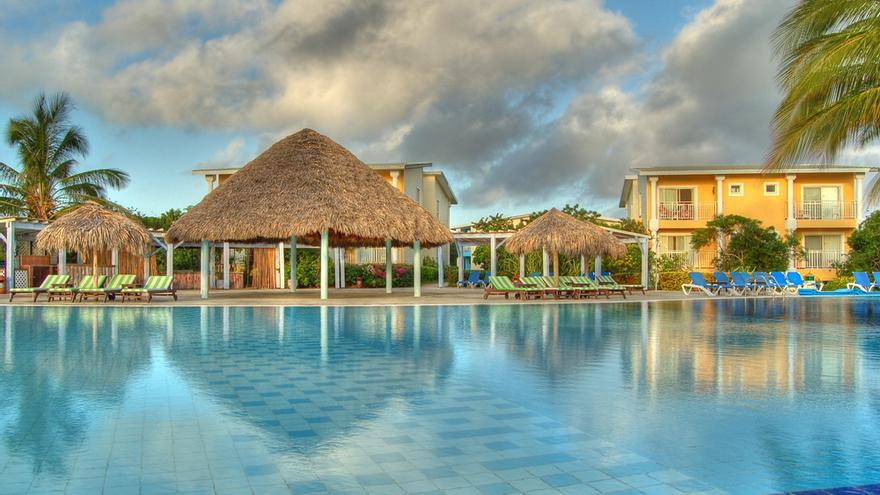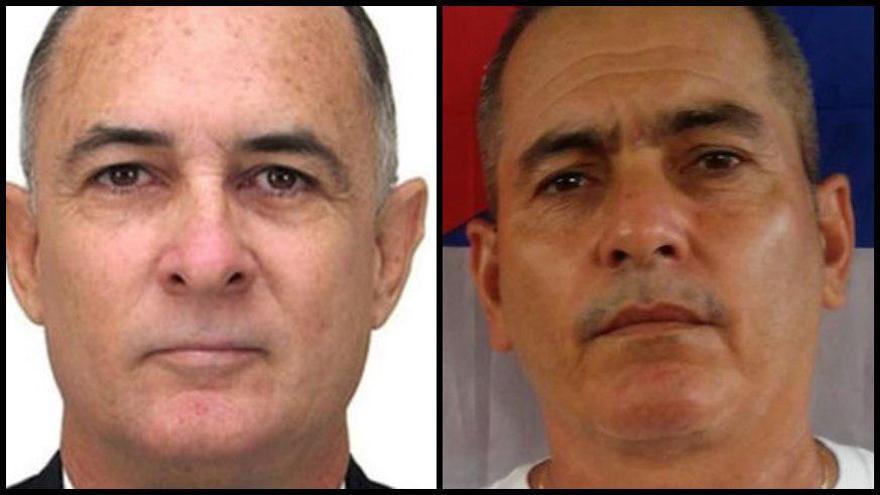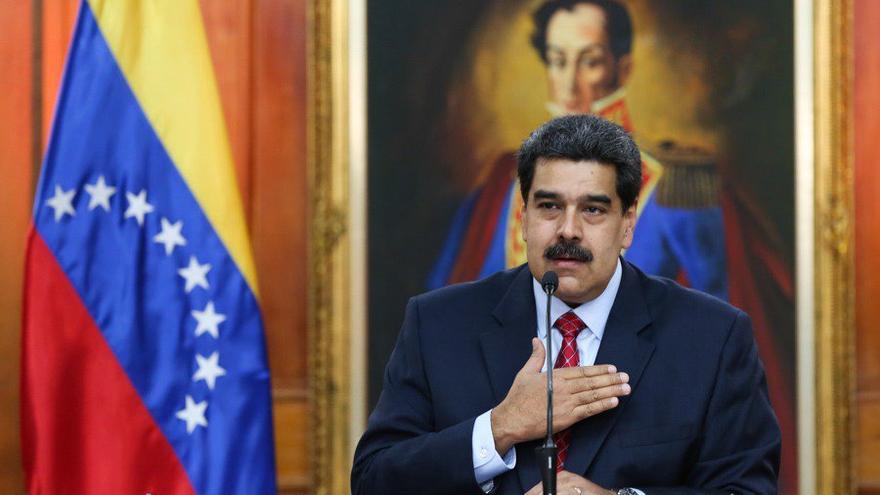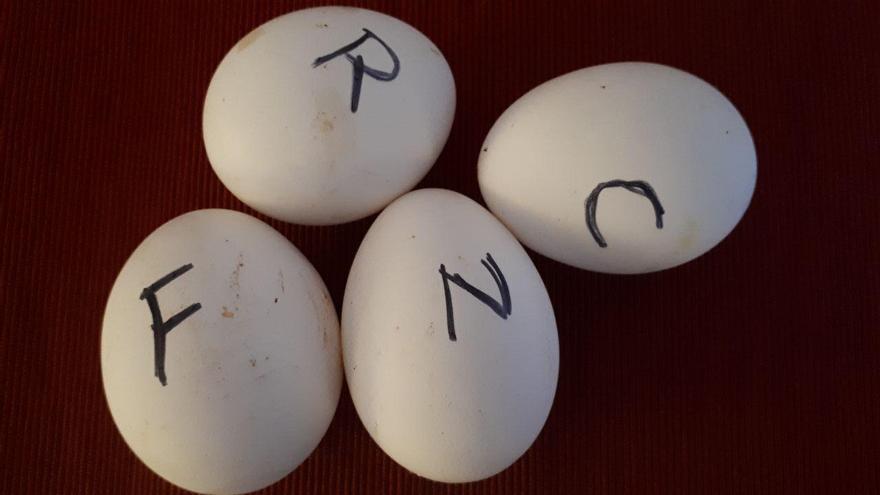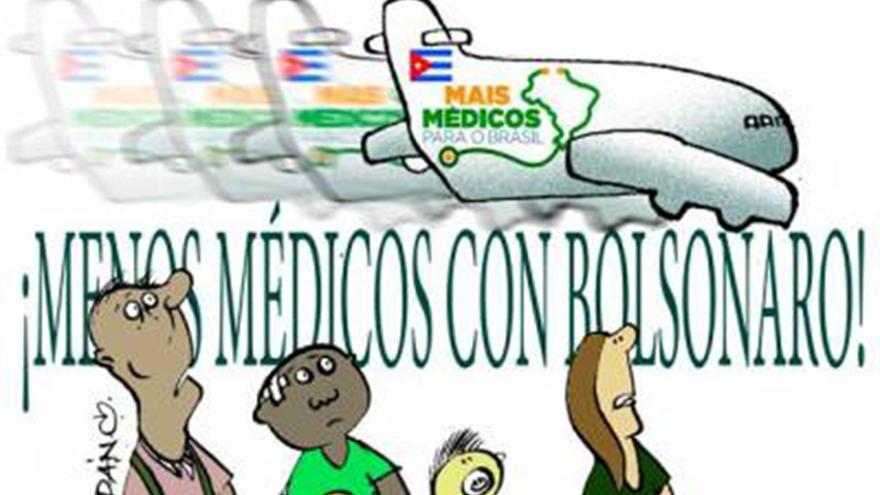
![]() 14ymedio, Havana, 12 July 2021 — There are deaths, injuries, arrests, and disappearances. It is unknown precisely how many or where because the internet and telephone lines are cut in Cuba, but little by little, by encrypted channels, messaging, and social networks, the toll of the repression of the popular, massive, and unprecedented uprising, which started Sunday across the country, is becoming known.
14ymedio, Havana, 12 July 2021 — There are deaths, injuries, arrests, and disappearances. It is unknown precisely how many or where because the internet and telephone lines are cut in Cuba, but little by little, by encrypted channels, messaging, and social networks, the toll of the repression of the popular, massive, and unprecedented uprising, which started Sunday across the country, is becoming known.
“They killed him, they killed him,” screams the crowd that surrounds a badly wounded man in a video shared by user Cubalibre on platforms this Tuesday. The crowd also rebukes the police who attacked him, on an unidentified street.
A woman from Batabano, in Mayabeque, reported in a video the death of her nephew, amid shouts and expletives against Miguel Diaz-Canel and “his disgusting Communists.” “They pulled his teeth, set the dogs on him, seven or eight Black Berets beat him,” she said, desperately, and warned: “While the children of the henchmen that you defend are safe in other countries, yours are in Cuba, and they’re going to pay.”
“Facebook groups are reporting several deaths in Batabano tonight, a result of police repression,” reported Jose Raul Gallego, Cuban journalist residing in Mexico. “Among the names they mention are Aldo and Subyane El Sapo,” he says. “According to the commentary, they were beaten to death for continue reading
Another man called Remy and living in the United States told how they assassinated his brother on the Island in a place he did not mention. “They fell on him with clubs, took out his eyes, his teeth,” he said. “Men kill each other head on, they don’t do what they did to him. I wish they had shot him in the chest or the head and killed him straight out instead of torturing him like that,” the Cuban lamented.
A recording published on Facebook showed the arrival of a gunshot victim at the Cardenas hospital in Matanzas, which lately has been featured in dramatic news reports for being the epicenter of COVID in Cuba.
“Just as there has never been a protest like this since the time of Hatuey, likewise the repression is brutal,” denounced a Havana priest who wished to remain anonymous. Because of this, he said, “The Government has cut off the internet, precisely so that the truth will not be known.” In the wee hours from Sunday to Monday, as he himself attested, “There were kidnapping, it was terrible, the Police set the dogs on people.”
Through an audio sent by VPN, apologizing for not being able to send video, the priest assured that he is aware that Monday there were “tremendous protests in Camaguey,” from which news of 2,000 injured reached him.
In the capital, he also said, “It’s impossible to do anything;” “it’s militarized” and “under seige,” something that 14ymedio was able to see in a tour around the Capitol. “There is a real army,” said one passerby on seeing the number of police officers, soldiers, and Black Berets, the elite military troops that the Government uses in special circumstances, guarding the place.
Apart from Camaguey, some accounts disseminated on social networks say that on Monday, contrary to what was reported by the official press, which spoke of a “failed skirmish,” protests continued in several places like Guines, Parraga y Arroyo Naranjo, in Havana, or Jovellanos, Matanzas province.
In Guinera, a marginal neighborhood in the capital, it was striking that a housewife was looking after the protesters. “Look out, look out for the rear!” she warned them.
The peace in which Cuba woke up on Monday, the day after the massive protests against the Government in cities all over the Island, demanding food and medicine and shouting “freedom,” was only a facade. From early on there arrived to this newspaper the accounts of arrestees who had been taken from their homes in Artemisa.
The agency Efe disseminated images of dozens of women gathered at the police station of Zanja in Havana, to find out the whereabouts of their relatives arrested between Sunday and Monday. The place was calm, however, in the afternoon, as this newspaper confirmed.
There is no official arrest figure, but activists on the Island have shared a list that, for now, includes 115 people. Among them are prominent activists, artists, and journalists like Jose Daniel Ferrer, leader of the Patriotic Union of Cuba (UNPACU), Manuel Cuesta Morua, Luis Manuel Otero Alcantara, Amaury Pacheco, Camila Acosta, and Henry Constantin.
Many other anonymous Cubans, who did not even participate in the protests, were arrested or beaten for defending protesters from the attacks by the Police and State Security Agents dressed in civilian clothes.
To report their cases, a Facebook group, “DESAPARECIDOS SOSCuba” [SOSCuba DISAPPEARANCES], has started and in a few hours has been filled with posts.
This refutes what President Miguel Diaz-Canel said in his televised appearance Monday morning. “Already they come out with in Cuba that we repress, assassinate,” the appointed president defended himself with visible anger. “Where are the Cuban murders? Where are the disappearances in Cuba?”
Tuesday Havana awoke with little movement on the streets, and the strong police presence is still evident. The Plaza of the Revolution, the heart of power, for example, is shielded by a military operation. The tense calm continues.
Translated by: Sheilagh Herrera; Mary Lou Keel
____________
COLLABORATE WITH OUR WORK: The 14ymedio team is committed to practicing serious journalism that reflects Cuba’s reality in all its depth. Thank you for joining us on this long journey. We invite you to continue supporting us by becoming a member of 14ymedio now. Together we can continue transforming journalism in Cuba.



